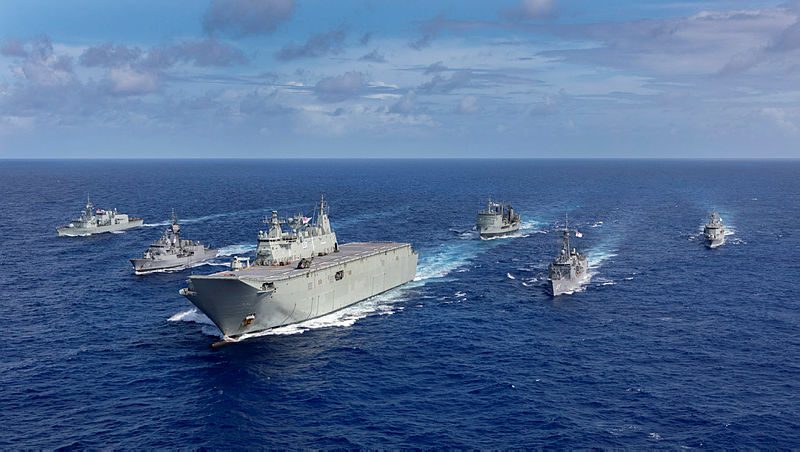Misinformation is growing in the Indo-Pacific. How could this impact Australia’s geo-political strategy?
To continue reading the rest of this article, please log in.
Create free account to get unlimited news articles and more!
Papua New Guinea is in the grip of a new wave of coronavirus infections. Just two weeks ago, Prime Minister Scott Morrison reached out to the country’s leaders offering 8,000 vaccines for their healthcare workers, additional PPE and even funding to St John’s Ambulance for more coronavirus testing. The PM also made enquiries to the European Union about sending up to 1 million vaccines to the country to arrest the growth of the pandemic.
Hopefully such an overwhelming response will allow PNG to take control of the pandemic.
Probably not.
PNG is in the grip of a growing trend of internet-based COVID misinformation. Sue Ahearn, founder of The Pacific Newsroom, writing for the Devpolicy Blog and appearing on ASPI’s The Strategist, examined how the internet is shaping PNG’s psychological approach to the crisis. Using this insight, she then analyses what impact misinformation has on geo-politics in the Indo-Pacific.
In fact, the grassroots misinformation campaign is so severe that the head of PNG’s coronavirus response was called a liar when he announced the COVID death of one of the country’s lawmakers.
Of the more popular conspiracy theories, Ahearn notes that “posts claim that the disease is an invention of the West to control population, that Papua New Guineans are guinea pigs for vaccines and that God is protecting Melanesians from catching COVID-19”.
The growth of misinformation is partially due to the withdrawal of the ABC’s services in the Pacific, Ahearn suggests. Prior to 2013, the ABC provided broadcasting into the Pacific thus delivering mainstream news in the absence of other broadcasters. With the ABC’s Pacific broadcasting services reduced, grassroots misinformation was able to fill the void.
This has a profound impact on Australia’s strategic position in the Indo-Pacific.
In this instance, it is fair to utilise COVID misinformation as a proxy for how easily conspiracy theories can be spread and be embedded into a population by rogue states.
It’s simple – the more that the West reduces their information and communications footprint in the Indo-Pacific, the more that the population will rely on social media for information, making them liable to receiving news from overseas intelligence networks.
Australia’s inertia to execute broader information warfare in the Indo-Pacific could lose the ‘hearts and minds’ of our neighbours forever.
Carl von Clausewitz noted that “war is the continuation of politics by other means”. We live in an age where “by other means” is now divisive social media warfare to divide a nation, embellished with political advertising to win over a population.
Get involved with the discussion and let us know your thoughts on Australia's future role and position in the Indo-Pacific region and what you would like to see from Australia's political leaders in terms of partisan and bipartisan agenda setting in the comments section below, or get in touch with

 Login
Login







